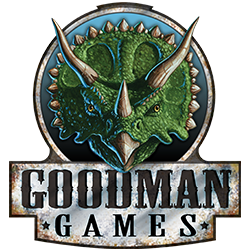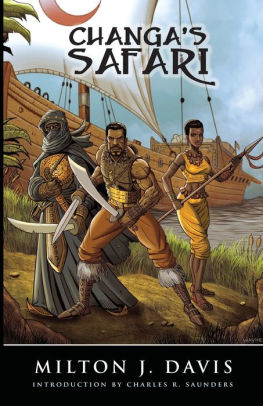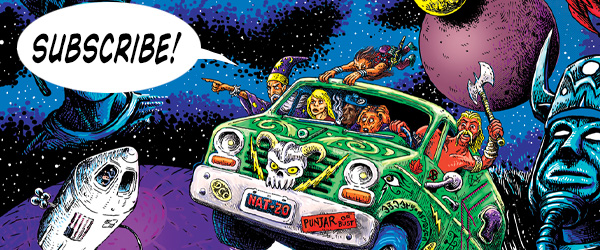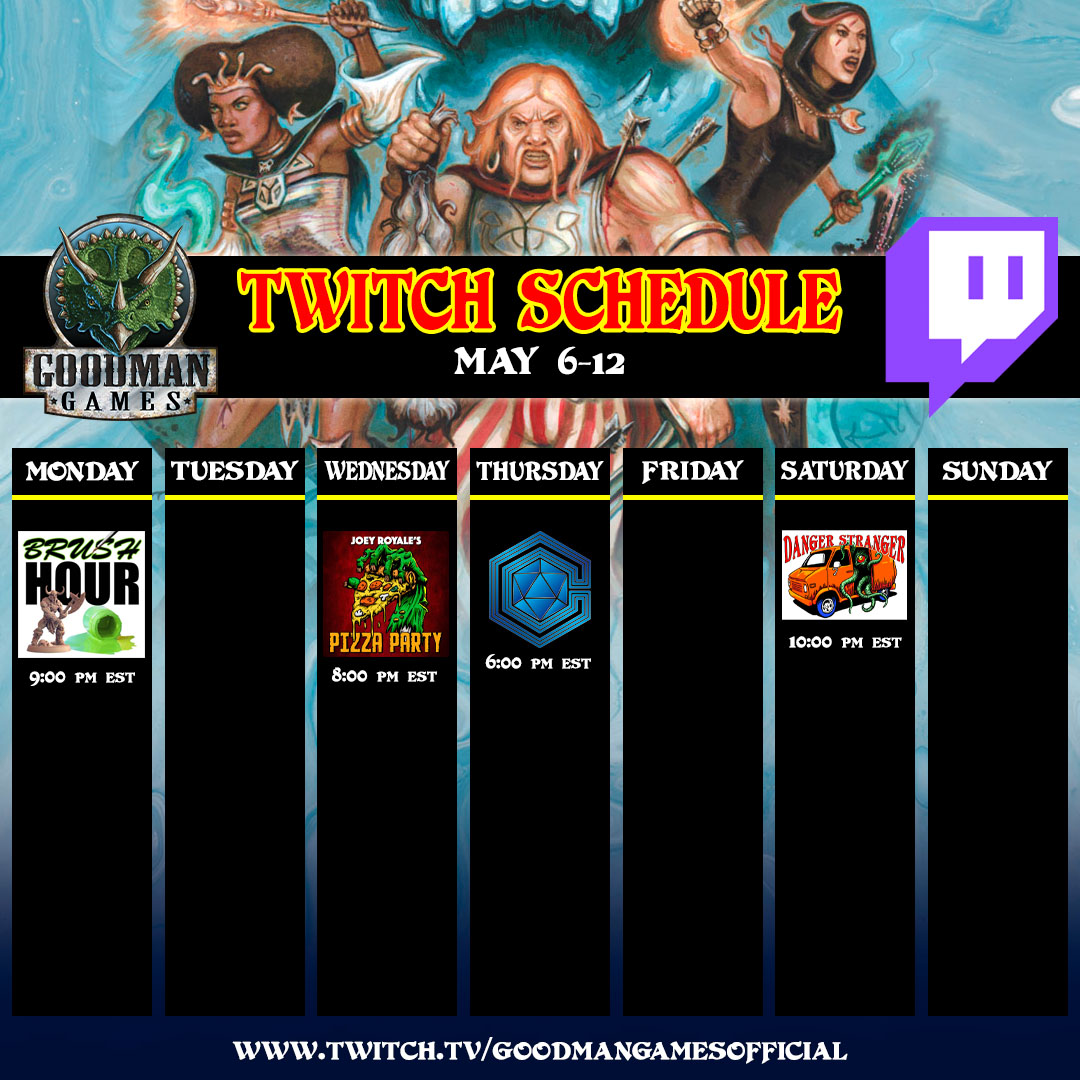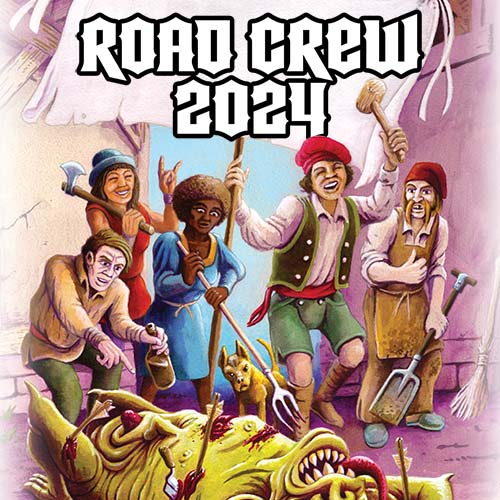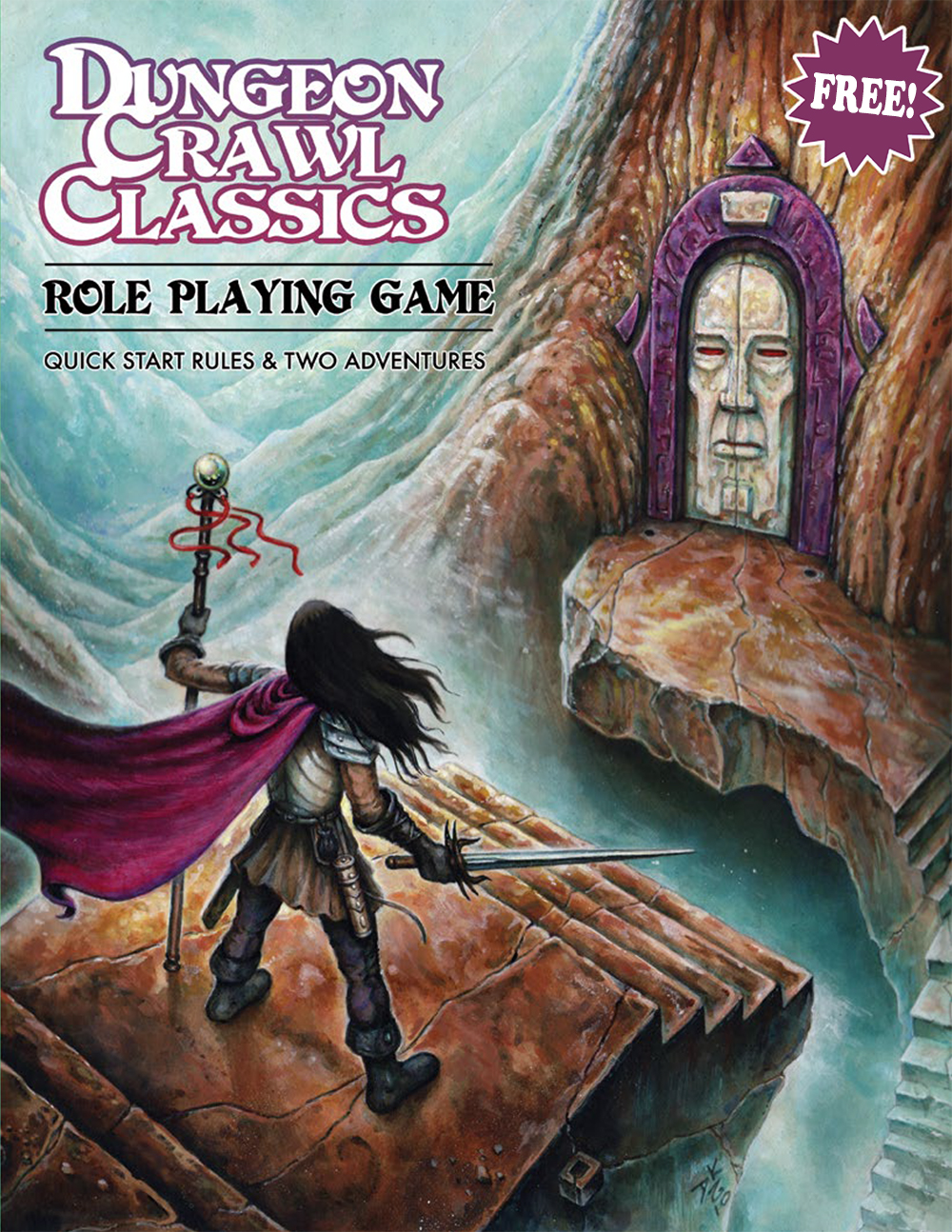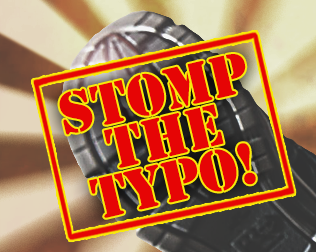A Look at Milton Davis’ Changa’s Safari
by Fletcher Vredenburgh
I started my blog, Stuff I Like, nearly eleven years ago with a plan of writing about swords & sorcery. When I reviewed “The City of Madness” by the late and greatly-missed Charles Saunders, I discovered he had co-edited a new story collection called Griots (2011). I bought it and found it to be one of the best batches of fantasy stories I’d read in years. It introduced me to the term sword & soul, as well as some very good writers, such as Carole McDonnell, P. Djeli Clark, and Milton Davis himself.
Davis’ story, “Mrembo Aliyenaswa,” is set in 15th century Zanzibar and features Changa Diop, an ex-pit fighter and merchant who knows how to throw a knife as well as a punch. It’s as good a piece of fast-paced sword & sorcery as one could hope for. The change of setting from the usual generic Northern European fantasy world was actually sort of exciting. I immediately bought a copy of the full-length book, Changa’s Safari (2011), hoping I had just discovered some great new sword & sorcery writer. I wasn’t disappointed. It’s the sort of tale of high adventure, dangerous sorcery, and bold heroics that has brought you here in the first place.
In 2005, Milton Davis set out to write African-inspired fantasy. As far as he knew, it was not something that had been done (though as he writes in the foreword to Griots, he suspected there had to be other writers, a suspicion which led him directly to a friendship with Charles Saunders). Instead of struggling with agents and the market, he created his own publishing operation, MVmedia (which now publishes several other authors, as well as collections of African-inspired sci-fi and steamfunk, as well). While his first books, Meji and its sequel, where set in a mythic facsimile of Africa, the Changa books do the opposite; they introduced the magical and fantastic into the real history of 15th century.
Changa Diop is the son of the king of Kongo. His father was usurped and killed by the sorcerer, Usenge. Changa was sold into slavery and forced to fight in the arenas of Mogadishu. He was bought and freed by a merchant, who later made him his heir. Together with a small band of friends, including Panya, his love and a sorceress, the silent swordsman simply called the Tuareg, Zakee, a Yemenite prince, and Mikaili, an Ethiopian sailor, he fights and schemes his way halfway across the world and back in order to avenge his father’s murder by the wizard, Usenge, and regain his own inheritance.
This quest takes Changa across four books—Changa’s Safari One, Two, Three, and Son of Mfumu—before reaching the end.Each book, while presented as a novel, reads more like a fix-up composed of several connected but distinct short stories.The first reaches from the docks of Mombassa to the streets of Vijayanagara in India to the heights of the Great Wall of China. Changa and his boon companions face off against evil demi- goddesses, pirates, conniving courtiers, and a Mongol horde. You know, the good stuff. The next three books bring Changa home, culminating in terrible battles against Usenge, now aided by powerful allies and more dangerous than ever.
In the afterword to Son of Mfumu, Davis wrote that, while inspired by Robert E. Howard’s Conan, he didn’t see Changa as a lone, wandering barbarian. Indeed, one of the things I like most about Changa is how he is no lone-wolf. Instead, he is embedded in a connecting web of friends and obligations. At times, his own quest must be delayed in order to ensure he can actually pay the crews of his fleet. His duty to his friends gets in the way, sometimes, as well. In his review of the first Changa’s Safari, Charles Saunders wrote that Davis’ hero was no saint, but he was willing to risk his life to save his friends (and the world).
Changa’s Safari is an antidote to the lumbering hulks crowding the halls of fantasy today. While the scale gets really big at times, including a huge pirate battle of Indonesia and a Mongol assault on the Great Wall, Davis keeps things focused on Changa and his handful of companions. The action is relentless and there are no side excursions to detract from the story of Changa and his friends.
Twenty years ago I pretty much stopped reading new fantasy. Too much of it was just a regurgitation of the same old stories and characters. Mostly, though, I found it boring. It was the discovery of a few books like Griots that brought me back. The sword & sorcery renaissance it heralded may never have come to commercial realization, but that it was real is easily proven by things like the awesome Tales from the Magician’s Skull and the persistence of writers like Milton Davis in continuing to write smashingly exciting stories like the tales of Changa Diop. Davis has told me he’s just “writing what he loves.” Well, luckily for me – and any self-respecting sword & sorcery fan – what he loves is monster- and magic-filled stories of heroism and adventure.
I was inspired to revisit Changa’s Safari because Davis is releasing a tenth-anniversary omnibus of all four books. It won’t include Changa: Before the Safari, which is fine. It’s an excellent collection of origin tales that you shouldn’t read before finishing all of Changa’s Safari so none of the mysteries are spoiled.
